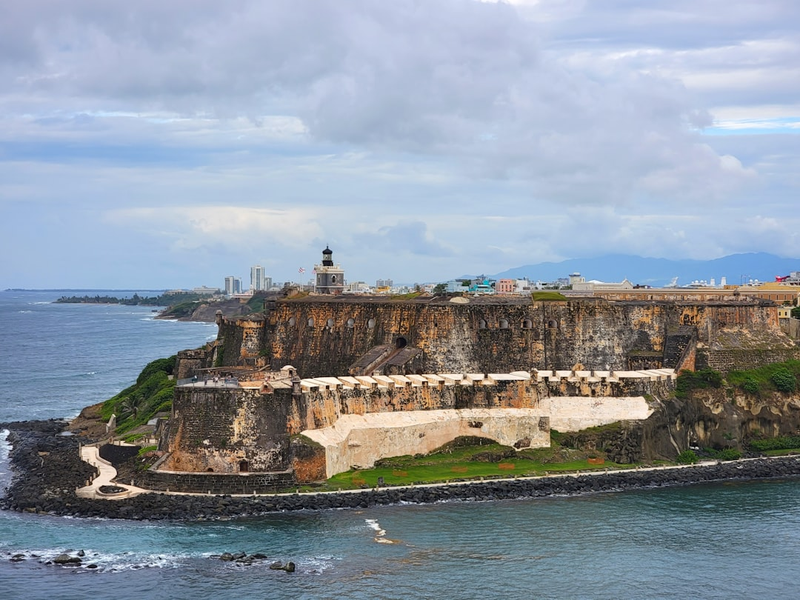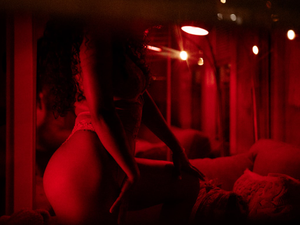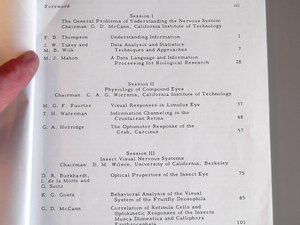Bad Bunny's Concerts Are Transforming Puerto Rico's Tourism Game

Music fans are flocking to Puerto Rico this summer, and it’s all thanks to Bad Bunny’s epic concert residency transforming the island’s tourism landscape. The reggaetón superstar isn’t just selling out shows – he’s creating a cultural experience that’s generating millions in economic impact.
Tourists are diving deep into Bad Bunny’s roots, exploring his hometown of Vega Baja and taking guided tours that highlight significant locations from his life. From the supermarket where he once worked as a bagger to the church where he served as an altar boy, fans are eager to connect with the artist’s personal history.
The concerts have sparked an unexpected tourism boom, with nearly 48,000 hotel nights booked and a 10% increase in hotel reservations compared to last year. Flight bookings from the U.S. mainland have also increased by almost 7%, showcasing the massive draw of the artist.
Local nonprofits and community organizations are capitalizing on the momentum, creating unique tours like the “Café con Ron” experience that not only entertains tourists but also supports community development projects. The tours are helping visitors understand Puerto Rico’s rich culture beyond traditional beach tourism.
For many tourists, the trip is about more than just attending a concert. Visitors like Vicky Galvez from Las Vegas are spending thousands to experience the full cultural immersion, exploring local restaurants, murals, and landmarks connected to Bad Bunny.
This surge in tourism is highlighting Puerto Rico’s cultural depth, with tourism promoters emphasizing that what makes the island unique isn’t just its beautiful beaches, but its vibrant, complex identity. Bad Bunny’s concerts are serving as a powerful catalyst, inviting the world to see Puerto Rico through a more nuanced, authentic lens.
As tourism continues to grow, one thing is clear: Bad Bunny isn’t just a musical icon – he’s become a unexpected ambassador for Puerto Rican culture and pride.
AUTHOR: cgp
SOURCE: The Mercury News
























































